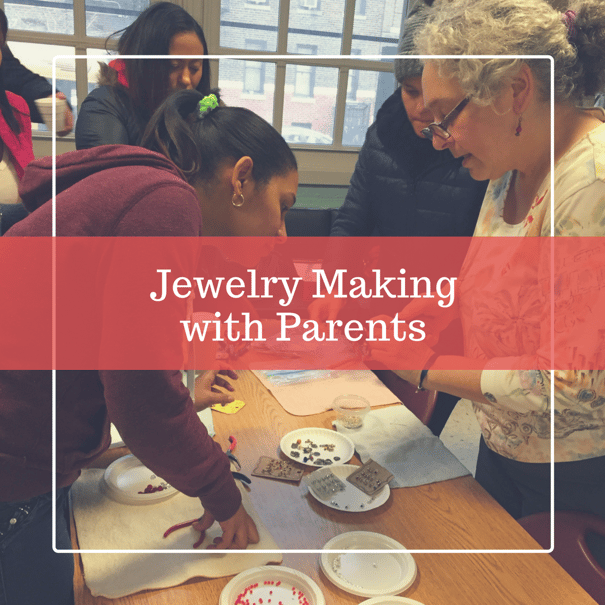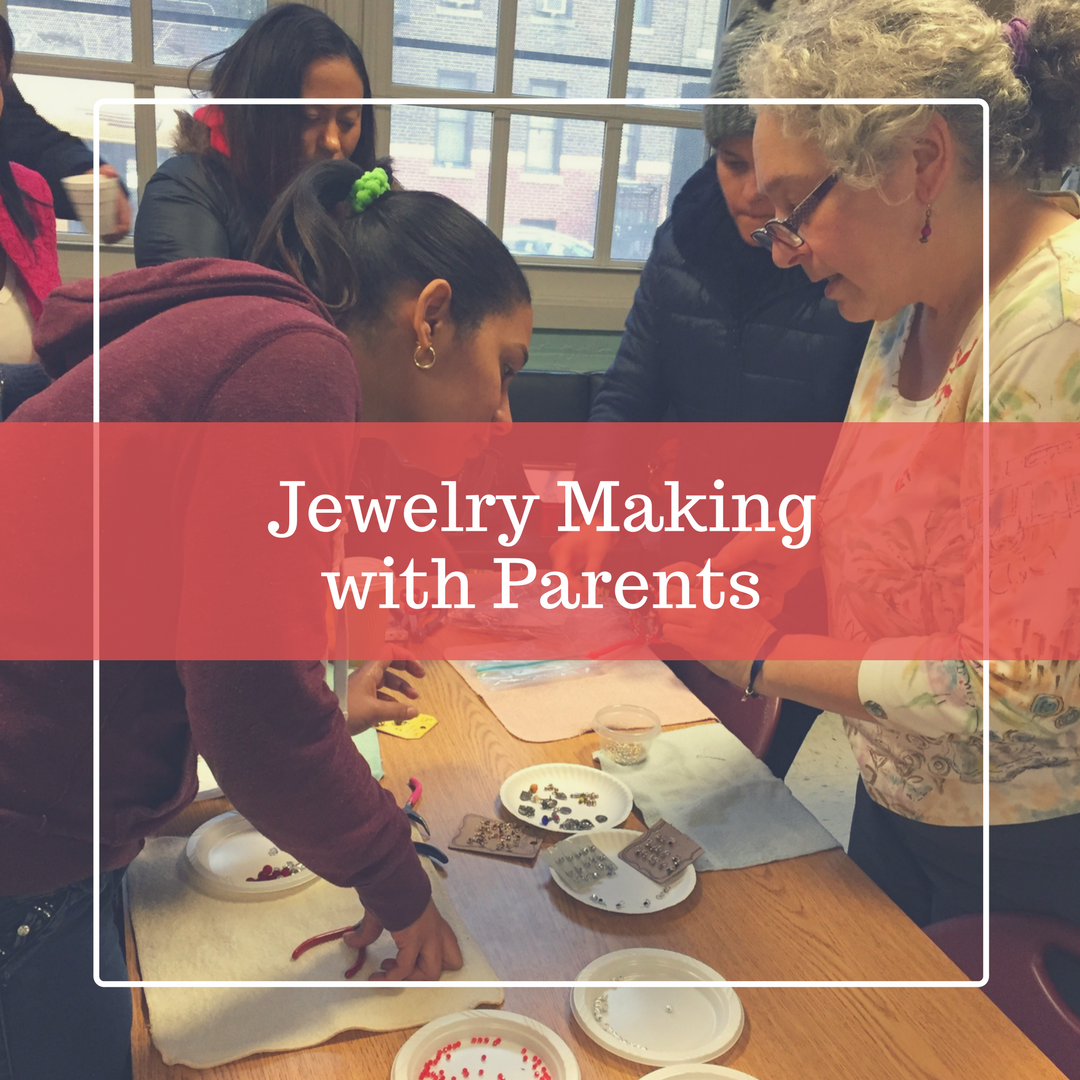
If you’ve spent any time working in or around schools, you know that many schools face challenges in engaging parents and families. Schools can send home lots of information, but that doesn’t mean that parents and families are engaged. If a guardian is reading the flyers their child brings home from school and disposing of them without ever responding or attending a school event or contacting the teachers, they are not engaged in the school community.
It would be a mistake to assume that parents who aren’t engaged just aren’t interested. And it would be counter-productive to take the position that it’s up to the families to get involved with the school on their own. Research shows that the more parents and guardians are involved in school, the more invested students are in their education. Schools need a process through which they can actively engage families on an ongoing basis for the good of the whole community.
This isn’t always easy. In fact in can be downright difficult. The first step in engaging parents is to acknowledge the many challenges and obstacles schools face in this process. What are some factors to consider?
Environment: This is a huge factor in whether parents feel truly welcome at a school. Do teachers only call home when there is a problem? Does the whole staff seem too busy to find out what a parent needs when she shows up at school? Are metal detectors and stern security agents the first thing parents and families encounter when they enter the school? Although you may not be able to change the security measures and physical structures that are in place, and there may be no budget for sprucing up the joint with new furniture and potted plants, there are simple, low-cost or free creative ways your staff can make parents feel safe and welcome. [Have an idea for--or an experience with--improving a school environment? We'd love for you to share in the comments below - Editor]
Scheduling: It’s virtually impossible to find a schedule that suits everyone, but there are aspects of scheduling to take into account so that a maximum number of families can attend something enjoyable at the school. Do parents work more than one job? Does an event risk running into dinnertime, making it impossible for some families and annoyingly inconvenient for others? Can you change the time? Or provide food? Would a potluck work in your community? Are there businesses who would sponsor an occasional family dinner for a little local publicity? When we fail to look at a challenge from multiple angles, it’s hard to see innovative solutions.
Childcare: This is a major issue for many families. The logistics and cost of childcare for the student in question or their siblings can make it prohibitive for families to attend any school event. Recognizing this and acknowledging it to parents makes them feel validated and understood. What can your school do to help? Can the children be included in the event or workshop? Are there older students in the school or a neighboring school who can provide on site childcare? Can you make readers available for story time for little ones in a separate space from adults? Is there a gym or outdoor space where supervised, structured activities can keep youngsters occupied? What creative ways can you come up with to solve the childcare challenge?
Relevance: If the topics of your workshops or events are of no relevance or interest to families in the community, it’s very unlikely they will attend, and even less likely that they’ll come again. How can you find out what interests and needs the community has, so that your events add value to the community? If the parents themselves are not involved in decision-making, top-down decisions may add to the problem. Can parent surveys help determine the needs, interests, cultural factors, and skill level of family members? Are interpreters and translators needed for families whose first language is not English?
Transportation: Increasingly, some students travel to schools that are not in their own neighborhood. This makes it difficult for families to attend anything but the most important events and meetings at school. What creative solutions can help solve this problem? In one conference workshop I facilitated, parent engagement staff did some research and discovered that their pie-in-the-sky idea of getting buses to pick parents up and bring them home from school events was, in fact, not excessively expensive or logistically complicated.
Personal history: A factor that we often overlook is the experience some parents and guardians had in school when they were young. Maybe they didn’t finish high school and feel intimidated by teachers. Maybe they struggled in school academically, or were bullied as an adolescent, and just entering a school building triggers memories they would sooner forget. What can your school do to offer them a different school experience now: a positive connection that will help them forge a new relationship to school for themselves and encourage them to support their child’s educational experience?
Once you acknowledge the obstacles and challenges, be sure to include as many parents as possible in the search for creative "cures". Engage the expertise of your parents, guardians, and families from their experiences with children in other schools or working with community-based organizations. Use a variety of resources to find innovative ways to address the obstacles and challenges that so many schools face in engaging families.
What other challenges do schools face in engaging parents? Share your thoughts in the comments section below—we’d love to celebrate best practices and troubleshoot obstacles right along with you.
"Acknowledging Parent Engagement Obstacles: 6 Challenges to Consider", The Leadership Program, Inc. 2016



Comments [0]
Click here to read/write comments